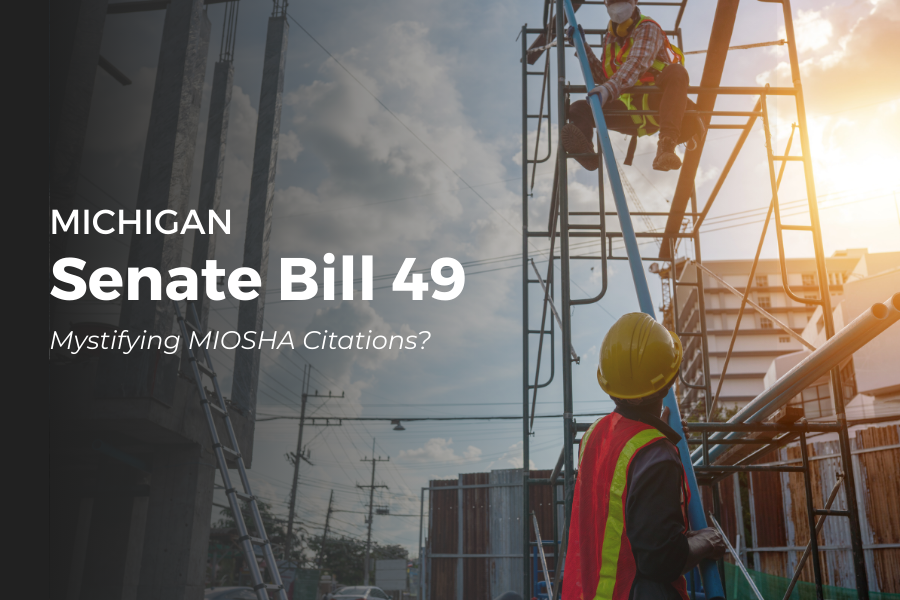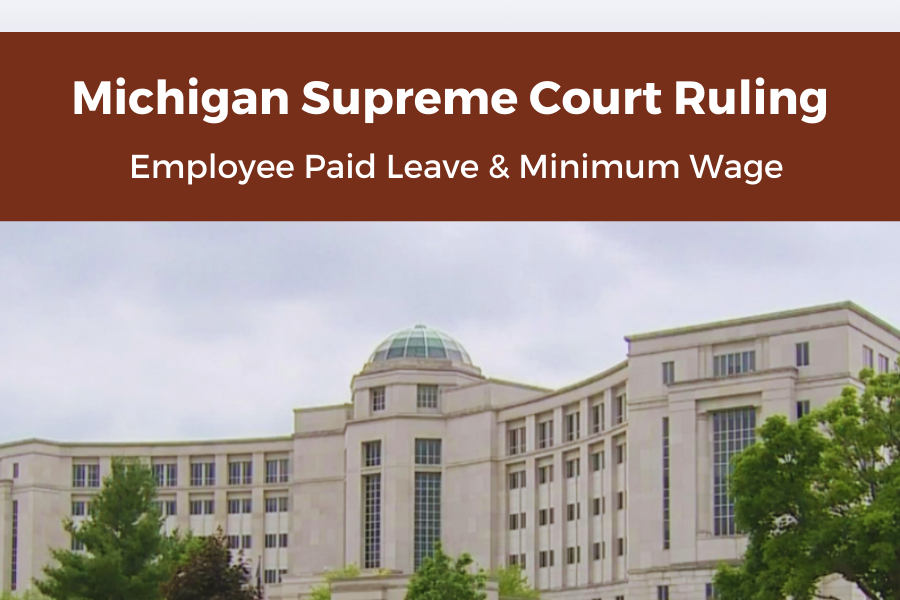By: Mark A. Rysberg
Earlier this year, the Michigan Senate voted to approve bills repealing Michigan’s prevailing wage laws. Eventually, those bills were submitted for fiscal analysis by the Senate Committee on Michigan Competitiveness. That analysis was recently completed and a written summary issued. Therein, the Committee issued the following statement regarding the fiscal impact of the bills:
FISCAL IMPACT
The bills would have an indeterminate, but likely positive, fiscal impact on the State and local units of government. The bills would eliminate the requirement that workers on State-funded construction projects be paid wages and fringe benefits that meet or exceed levels established by the Wage and Hour Division within the Department of Licensing and Regulatory Affairs. Affected construction projects include State buildings, universities, roads, and public schools. Additionally, projects undertaken by economic development corporations, public school academies, and certain other types of schools are currently subject to these requirements as well. The bills would remove the prevailing wage requirements, and could produce potential savings on these types of projects. The amount of potential savings is indeterminate and dependent on the wages ultimately paid to workers who otherwise would have been paid at the prevailing wage rates. Lack of available data makes it difficult to estimate with any certainty how much would be saved if the bills were enacted. Factors that could affect the amount of actual savings include the degree of competition among contractors in bidding on projects and the strength of the labor market.
Missing from that statement is any quantifiable cost or benefit of prevailing wage. Instead, the message is clear that it is difficult to quantify the extent of the benefits or costs of prevailing wage.










